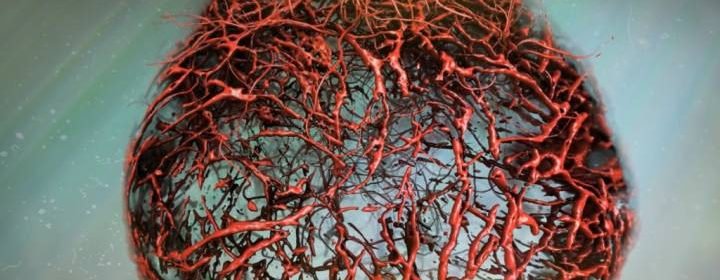Lab-grown blood vessel breakthrough at UBC could affect diabetes, Alzheimer’s research

UBC scientists have made a breakthrough in cardiovascular research that could have major impacts in the lives of people with diseases like diabetes.
For the first time ever, scientists have successfully grown perfect human blood vessels as organoids in a petri dish.
The technique, outlined in a new study in the journal Nature on Wednesday, could possibly allow doctors in the future to prevent changes to blood vessels, one of the key causes of death among people with diabetes.
Organoids are three-dimensional structures grown from stem cells that mimic an organ and can be used to study aspects of that organ.
“Every single organ in our body is linked with the circulatory system,” said study lead author Josef Penninger.
“This could potentially allow researchers to unravel the causes and treatments for a variety of vascular diseases, from Alzheimer’s disease, cardiovascular diseases, wound healing problems, stroke, cancer and, of course, diabetes.”
Researchers used stem cells to grow three-dimensional human blood vessel organoids in a lab. They then transplanted the organoids into mice, where they developed into fully-functioning human blood vessels.
Researchers said the trial shows that not only can blood vessel organoids be grown from stem cells in a lab, but that a human vascular system can be grown in a non-human species.
Source: Read Full Article
